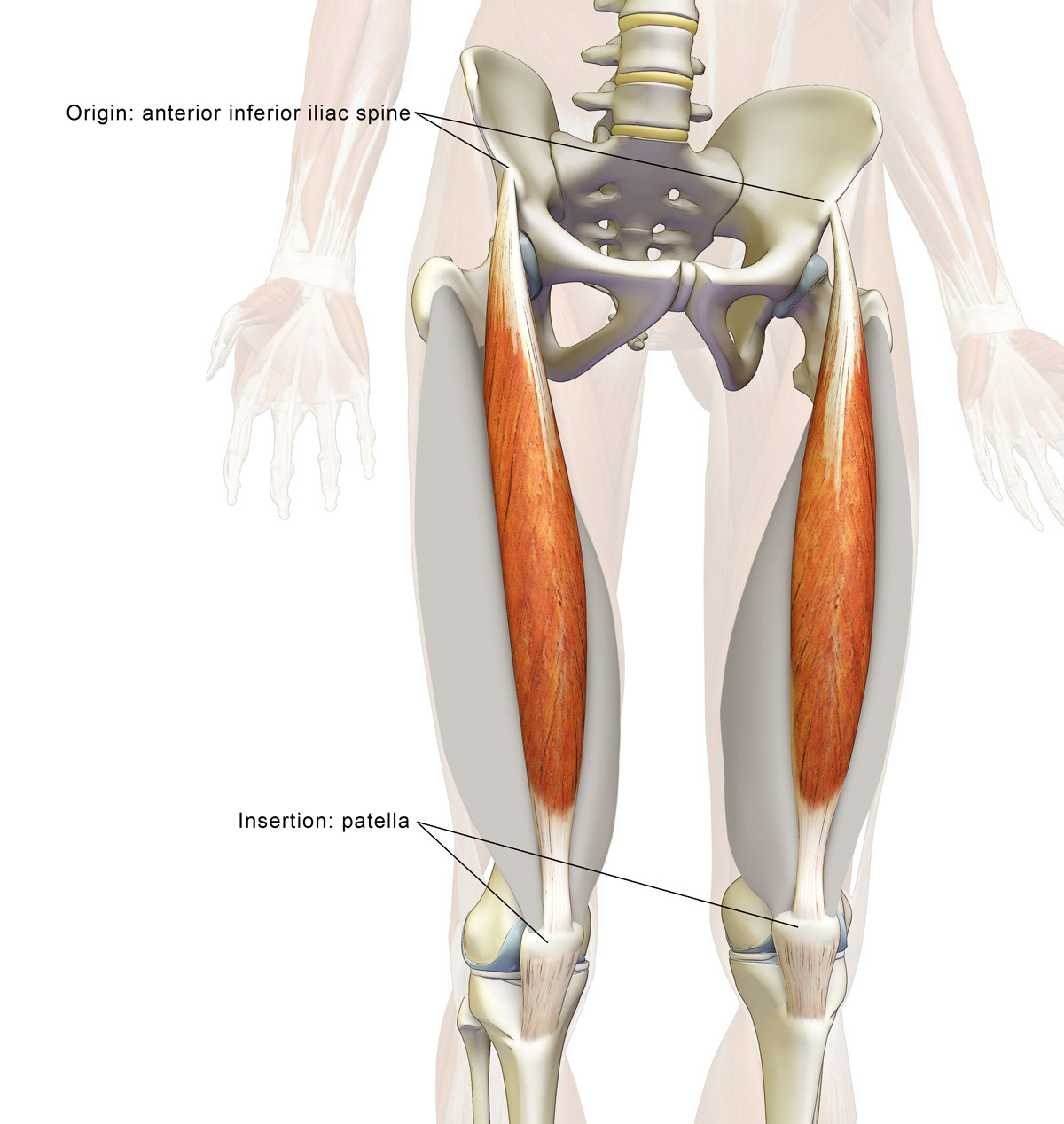Bill Been
Level 5 Valued Member
I wonder if Travis would be willing to do another video of the same lunge, this time conciously trying to do it "correctly"?
I see your quotation marks, but would you be willing to describe a "correct" lunge for me?
I wonder if Travis would be willing to do another video of the same lunge, this time conciously trying to do it "correctly"?
Travis, your reasoning for your concern is completely specious. Soreness tells you nothing about "how hard" something was working, therefore lack of soreness where you think there should be soreness tells you nothing; the Pistol is a hip extension movement, so weak hip flexors don't inhibit your ability to do it - balance does; the tight hamstring thing is equally unrelated; and hanging leg raises tire your hip flexors first because they're tiny little muscles. Quit worrying about your freaking hip flexors. If they're limiting some movement, they'll get stronger within their anatomical context as you continue to incrementally load that movement. If you've chosen a movement that is not incrementally loadable, it's time to address that.
I think it's pretty fair to say the fact Travis opted to do his lunges wearing jeans and socks on a slippery hardwood floor has about a billion times more explanatory power for any variance from some supposed "proper lunge form" than than does the idea that there's some ideal quad:glute ratio to be employed on lunges and his is outta whack.
I'd be happy to! The jeans are rock climbing pants. I'd have the same maneuverability in my birthday suit, but the rest sound's like a good idea. (Unless the concern is that people can't see my legs for evaluation?)Yeah the quotes are because I don't really know...
But based on what's been observed: no jeans, no socks, front foot 6-12" farther forward, and conciously putting more weight on the heels.
Bill, not true. When we "pull" ourselves into the hole of any kind of squat, we are using our hip flexors. Just yielding to gravity does not result in the same strength or control at the bottom.The Pistol is a hip extension movement, so weak hip flexors don't inhibit your ability to do it - balance does
Bill, not true. When we "pull" ourselves into the hole of any kind of squat, we are using our hip flexors. Just yielding to gravity does not result in the same strength or control at the bottom.
-S-


It's not minimal, it's important. We teach people to use their hip flexors as they descend in a squat. Squatting just to move your body into that position is one thing but squatting to be able to stand up with a weight is another entirely.maybe some minimal stabilizing function in "any squat"
Awesome post above, Travis. And there's no hurry on my account; I'm just an interested observer in the diagnostic process.
